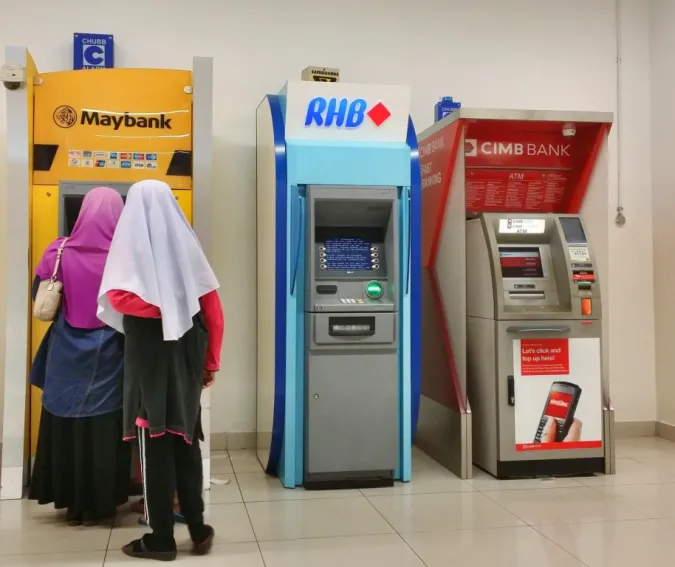
Here's why the abolition of good and services tax is positive for Malaysian banks
The move might offset pressure on construction loans following the cancellation of the High Speed Rail last May.
Policies enacted by the newly elected Pakatan Harapan (PH) government, which includes the abolition of the goods and services tax (GST) and reintroduction of fuel subsidies, are expected to give a credit boost to Malaysia’s muted banking sector as BMI Research forecasts credit growth to clock in at a stable 4.5% by year-end.
Also read: Malaysian banks waive fees for interbank fund transfers
Scrapping the GST is expected to boost consumer sentiment and jumpstart household loans which represent more than half (57%) of total loans in the banking system.
Household loans are amongst the main engine drivers of Malaysian banks’ lending profile after growing at a faster clip at 5.7% in April compared to the average growth rate of 5.2% in the past year.
The positive effects of the GST cut is also expected to spill over to other loan segments, added BMI, easing concerns that the new leadership under Mahathir Mohamad will dampen banking performance in the coming quarters.
“On the back of this, we expect credit card loans growth to further improve on a strong start to 2018. Credit card loans grew 3.8% y-o-y in April and the average growth rate in the first four months of 2018 was 3.7%, picking up from an average of 2.2% in 2017,” BMI Research said in a report.
Similarly, auto loans are expected to benefit from the GST cut as car sales are expected to accelerate to 2.6% YoY after a lacklustre year.
“Stronger sales will likely be underpinned by debt financing, and as such, we expect auto loans to expand in H218, following consecutive contraction since July 2016 at an average rate of 0.9%,” added BMI.
The strong performance of the household and auto loan segments are expected to more than offset muted construction growth following the cancellation or delay of high-profile infrastructure projects including the Kuala Lumpur-Singapore High Speed Rail (HSR) and the delay of the East Coast Rail Link as the government seeks to renegotiate the terms of the agreement with China.




![Lorem Ipsum [ABF 1]](https://cmg-qa.s3.ap-southeast-1.amazonaws.com/s3fs-public/styles/exclusive_featured_article/public/2025-03/a_hand_pointing_to_a_futuristic_technology_5b87c9d0e3_1.png.webp?itok=2w0y1WhS)


![Cross Domain [Manu + SBR + ABF + ABR + FMCG + HBR + ]](https://cmg-qa.s3.ap-southeast-1.amazonaws.com/s3fs-public/styles/exclusive_featured_article/public/2025-01/earth-3537401_1920_4.jpg.webp?itok=WaRpTJwE)







 Advertise
Advertise

